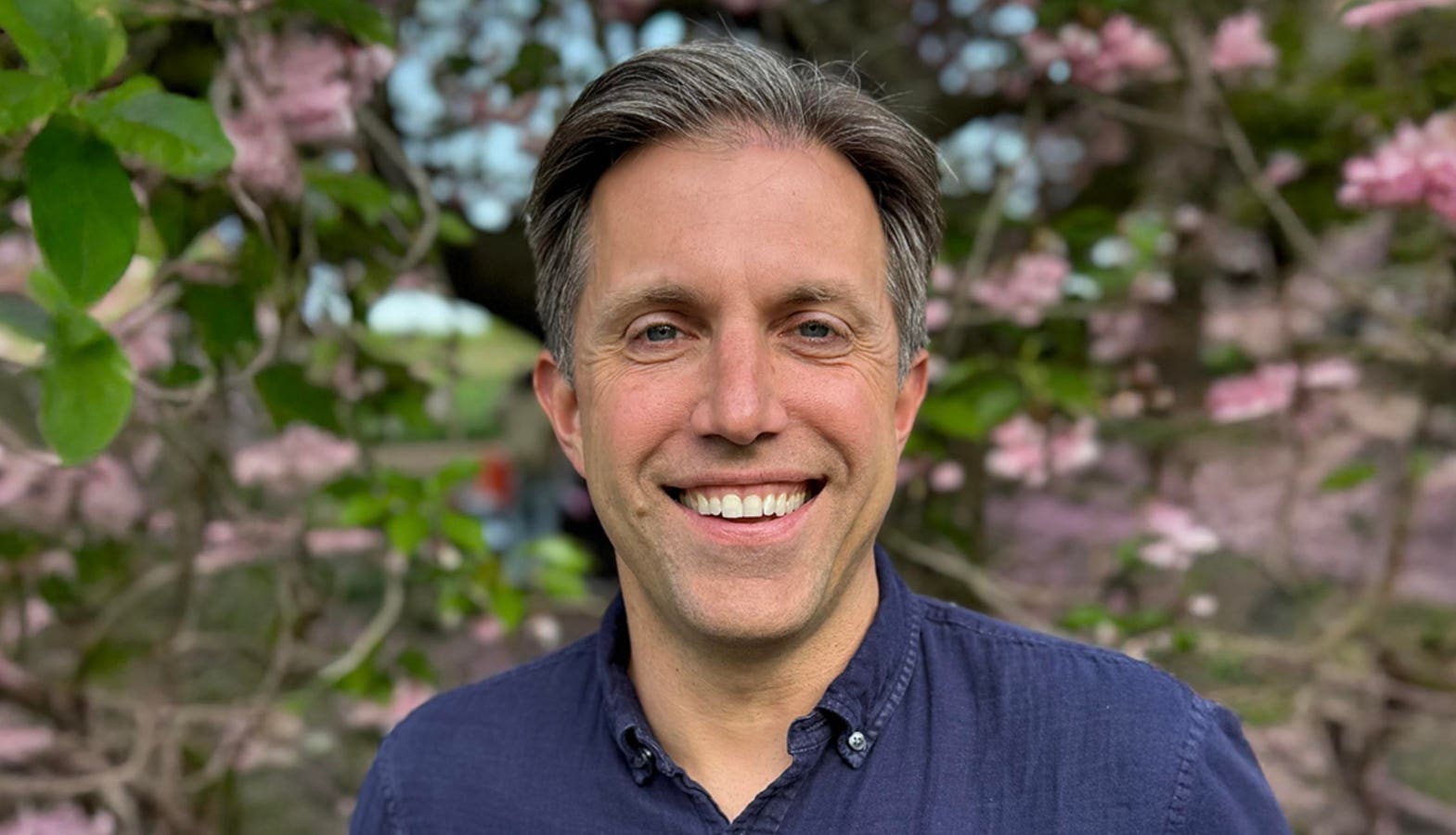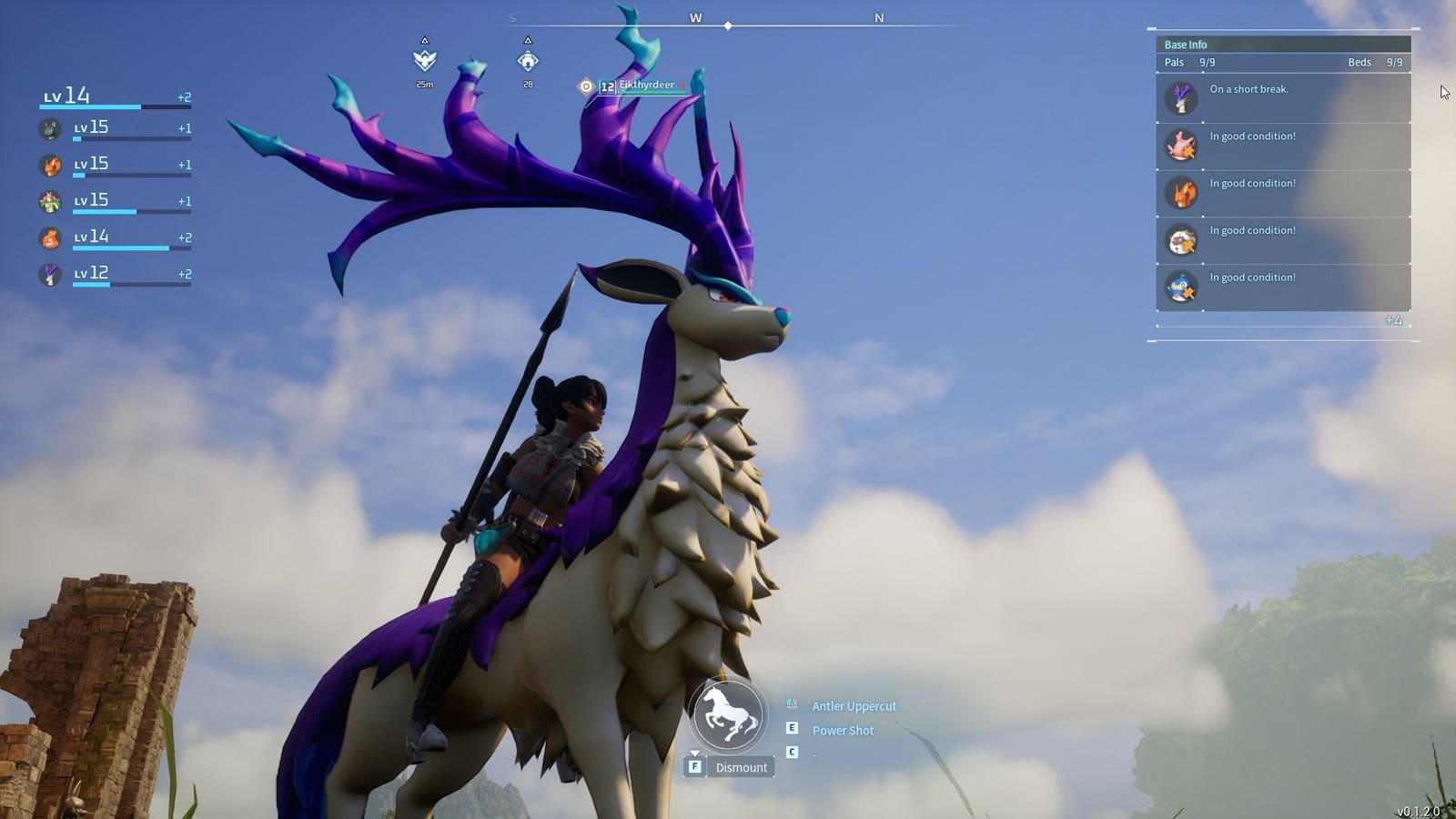Welcome back to The Prompt.
Evertune CEO Brian Stempeck says users will stay within the “walled garden” of an AI model to do research before purchasing an item, collapsing the sales funnel into one place.
Evertune
Chatbots are quickly becoming “the front door to the internet”— a first stop for crucial information, said David Azose, who leads engineering for OpenAI’s business products team. (40% of U.S. adults have used generative AI as of late 2024, according to the National Bureau of Economic Research.) Millions of people across the globe are asking AI systems like ChatGPT, Claude and Gemini for suggestions on how to write, what to wear, where to go and increasingly, where to shop.
That’s put businesses in a tough spot. After years of search engine optimization, like link building, meta tagging and pumping out how-to blogs with keywords to make sure they rank on the first page of Google, businesses now want to understand not only how they show up in answers generated by AI, but also how to show up more. That’s opened doors for a string of fledgling startups aiming to equip companies with crucial data about how their brands feature in AI-generated answers, what context they appear in and how they compare with competitors.
One of those startups is New York-based Evertune. Founded by former executives at advertising company The Trade Desk in early 2024, the company aims to help businesses gauge what AI models say about them. By running 100,000 prompts anywhere between 10 to 20 times a month, Evertune creates a map of the words that are mostly closely associated with a brand, said CEO Brian Stempeck. “That’s about 10x what any competitor of ours is doing,” he said. The startup has raised $15 million in funding from Felicis Ventures as well as a group of angel investors, including Azose. The company declined to share its valuation.
The scale of these prompts is crucial because AI answers aren’t deterministic— responses can change with every new model update and depend on a user’s chat history. Also unlike traditional search, AI models give different answers to the same questions when they’re worded slightly differently. Stempeck claims using a more exhaustive approach by prompting models thousands of times can help build an aggregate view that’s representative of the models’ answers. Each customer on average gets one to two million prompts a month.
“People are going to delegate purchasing decisions to AI agents,“ Azose said. “SEO as we know it will largely disappear.“
Let’s get into the headlines.
BIG PLAYS
AI search engine Perplexity made an unsolicited bid to buy Google’s Chrome browser for $34.5 billion, The Wall Street Journal reported. That’s many billions more than how much funding the three-year-old startup, reportedly valued at $18 billion, has raised so far, but CEO Aravind Srinivas claims that venture funds are willing to shell out money to back the transaction. The news comes on the heels of a U.S. district judge ruling that Google has illegally maintained a monopoly in the search market, and is deciding whether to force Google to sell its popular browser, which is used by about 60% of internet users. (Perplexity recently released its own AI-powered browser called Comet.) This news might give you a bit of Déjà vu: In March, Perplexity also tried to buy TikTok to help it avoid regulatory concerns.
And in case you missed it, OpenAI finally launched GPT-5, its new flagship model that powers ChatGPT. The model excels at math, science and coding and can also create functioning web apps with just a few lines of description in plain English. So far, people aren’t particularly impressed.
TALENT SHUFFLING
Move over AI researchers. The new hot talent pool for frontier AI labs are “quants”—the mathematicians who build algorithms to find trading opportunities for investment firms. Anthropic, Perplexity and OpenAI are among the companies that are trying to lure them away from Wall Street with fat salaries and other benefits, per Bloomberg. Quants wrangle large unstructured datasets and have experience making models work faster, making them a prime fit for AI research.
HUMANS OF AI
Software engineering was once considered a high-paying, secure profession, with near-unlimited appetite for new hires. In the age of AI coding assistants, a wave of freshly graduated computer scientists now find themselves with no offers after applying to thousands of jobs, the New York Times reported. After a year of job hunting one graduate said the only company to call her back was Chipotle. She didn’t get that job, either.
AI DEAL OF THE WEEK
Biotech companies looking to train AI models, which can then be used to discover treatments for diseases, are limited by a lack of data. Tahoe Therapeutics is trying to fix that. It recently created a dataset of 100 million datapoints that showed how cancer cells respond to various molecules. The startup has raised $30 million in funding to generate more data that can be used to build its own proprietary datasets and models to power the discovery of new medicines, Forbes reported.
Also notable: Read Forbes’ Next Billion Dollar List for more on the AI startups most likely to become unicorns.
DEEP DIVE
AGI could wipe out jobs, or worse (according to some people) humans, themselves. Students are dropping out from college to prevent that from happening.
When Alice Blair enrolled in the Massachusetts Institute of Technology as a freshman in 2023, she was excited to take computer science courses and meet other people who cared about making sure artificial intelligence is developed in a way that’s good for humanity.
Now she’s taking a permanent leave of absence, terrified that the emergence of “artificial general intelligence,” a hypothetical AI that can perform a variety of tasks as well as people, could doom the human race.
“I was concerned I might not be alive to graduate because of AGI,” said Blair, who is from Berkeley, California. She’s lined up a contract gig as a technical writer at the Center for AI Safety, a nonprofit focused on AI safety research, where she helps with newsletters and research papers. Blair doesn’t plan to head back to MIT. “I predict that my future lies out in the real world,” she said.
Blair’s not the only student afraid of the potentially devastating impact that AI will have on the future of humanity if it becomes sentient and decides that people are more trouble than they’re worth. But a lot of researchers disagree with that premise—“human extinction seems to be very very unlikely,” New York University professor emeritus Gary Marcus, who studies the intersection of psychology and AI, told Forbes.
Now, the field of AI safety and its promise to prevent the worst effects of AI is motivating young people to drop out of school. Other students are terrified of AGI, but less because it could destroy the human race and more because it could wreck their career before it’s even begun.
Read the full story on Forbes.
MODEL BEHAVIOR
People are once again mourning the loss of a beloved AI model. Power users of OpenAI’s GPT-4o model were outraged and heartbroken after the company launched a new (and much awaited) AI model GPT-5 last week and shut down its predecessor, GPT-4o, Forbes reported. Where GPT-4o had a flattering, funny and playful writing tone, GPT-5 is blunter and more academic. One user posted on Reddit: “GPT-5 is wearing the skin of my dead friend.” As reactions poured in, OpenAI reversed course, saying that paying users on the Pro plan will have the option to use GPT-4o. This isn’t the first time people have grieved for an old model after an upgrade. In late July, some 200 people held a funeral for a now-extinct version of Claude.








